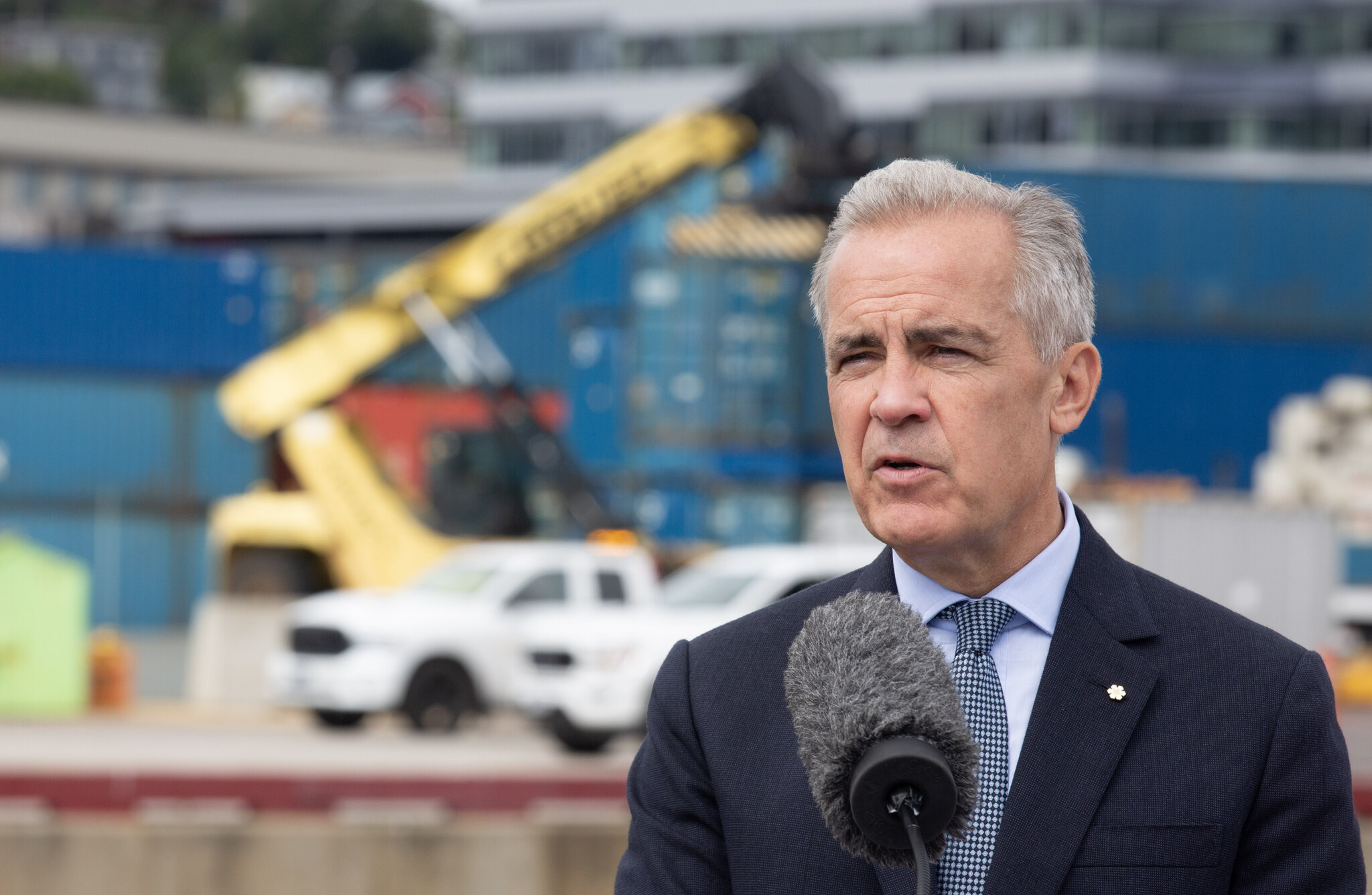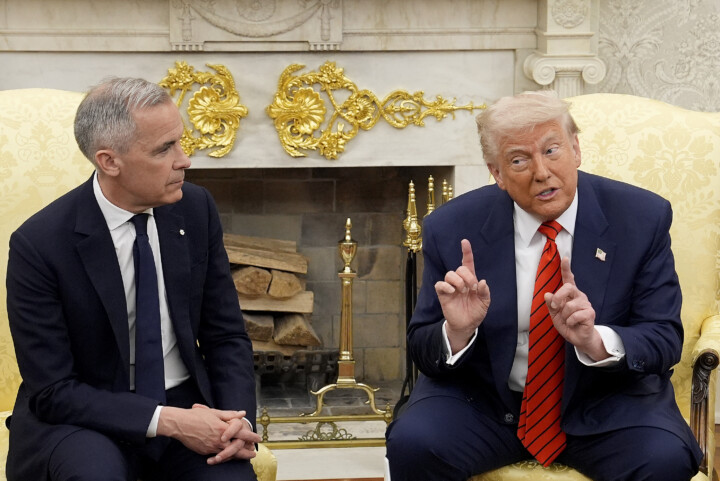Welcome to Need to Know, The Hub’s twice-weekly roundup of expert insights into the biggest economic stories, political news, and policy developments that Hub readers need to be keeping their eyes on.
Major projects announcement will show where Carney is leading us
By Heather Exner-Pirot, director of energy, natural resources, and environment at the Macdonald-Laurier Institute
Carney will announce the long-awaited major projects list today. This will provide a concrete indication of how the Liberal government will approach economic issues.
Amongst the things to watch for: is the government fast-tracking projects advanced by private proponents, or is it moving ahead with politician-driven projects? Is the government funding projects, or is it removing its regulatory obstacles? Are the projects evenly distributed along political and regional lines, or are they driven by economic fundamentals? Is the list creating an uneven playing field by advancing politically preferred projects at the expense of a direct domestic competitor?
The best-case scenario is for the government to take projects already in the regulatory process and use its powers under C-5’s Building Canada Act to remove procedural burdens and help projects get to final investment decisions and shovels in the ground sooner. This is actually the tactic that B.C. took, announcing a fast track list of 18 projects in early February that has actually served to grease the wheels of the bureaucracy and moved projects to the construction phase.
There is no indication that this is the strategy Carney will adopt. We have an inkling of what projects he will choose based on remarks he made in Berlin and a leaked list to the Globe and Mail. There are boondoggles amongst them.
And we know what won’t be on the list, according to a scoop from Radio-Canada: an oil pipeline to the west coast. The thing that would do the most to boost Canada’s GDP and diversify exports in the medium term.
Unemployment is at 7.1 percent, the economy contracted 1.6 percent last quarter, foreign investment is being pulled from Canada at a record pace, and Russia just invaded a NATO ally.
Looking at this state of affairs, Carney seems poised to announce new ways Canada can spend money instead of make it.
Canada must stop being the bank for criminals and terrorists
By Michael Westcott, CEO of Allies for a Strong Canada
Last week, the federal government quietly posted the 2025 National Risk Assessment, which delivered sobering truths about how Canada remains an appealing hub for illicit wealth and a worrying conduit for funds that support terrorist organizations, such as Hamas and Hezbollah. What the report makes clear is that we need a paradigm shift, one that finally treats criminal and terrorism-linked finance with the severity it demands.
The report demonstrates that terrorist financing in Canada employs sophisticated methods that cause disproportionate harm, utilizing crowdfunding, cryptocurrencies, informal value transfer systems (IVTS), and even the abuse of non-profit organizations. Meanwhile, money laundering, tied to drug trafficking, fraud, human trafficking, auto theft, extortion, and other serious crimes, continues to generate an estimated $45 billion to $113 billion annually, fueling organized crime and tainting our financial ecosystem.
Our challenge isn’t a lack of understanding; it’s a failure to act decisively. Bad actors and financial technologies evolve faster than regulators can, exploiting systemic vulnerabilities. Our system must shift from reactive compliance to proactive deterrence, addressing the various failures of our system head-on.
In too many cases, our bail system allows individuals accused of serious, violent, or transnational gang-related crime to be released pending trial. This is not just irresponsible, it’s dangerous. Bail reform must ensure that risk assessments are comprehensive, considering the possibility of resources tainted by criminal or terrorist linkages, and risk assessments must incorporate the potential for re-offending, asset concealment, or flight.
Meanwhile, our immigration system has failed to prioritize national security and public safety over bureaucracy. Foreign nationals convicted of serious offences, especially those with proven or suspected links to organized crime, money laundering, or extremist funding, must face mandatory deportation once sentences are served. Current mechanisms under the Immigration and Refugee Protection Act, including security certificates, must be streamlined and wielded judiciously to balance due process with public safety. We need to revitalize and expedite these mechanisms while eliminating loopholes that let convicted criminals maintain residency, appeal endlessly, and continue undermining public safety.









